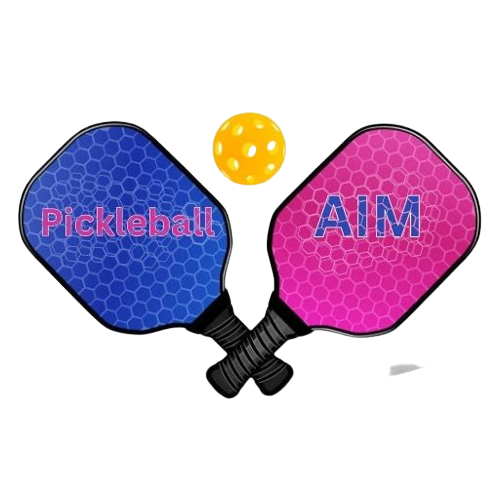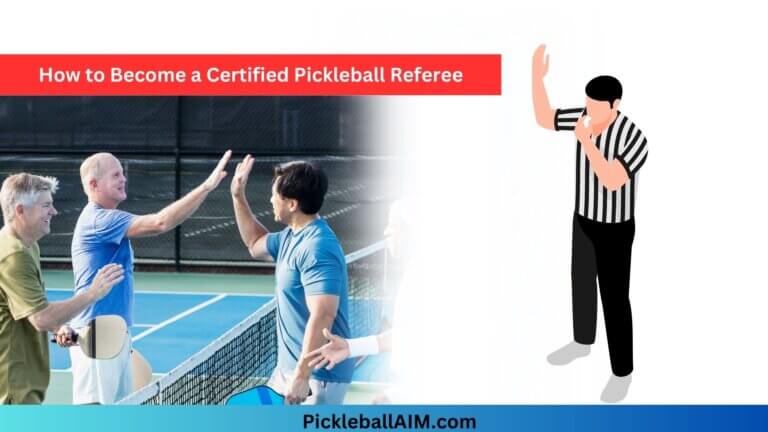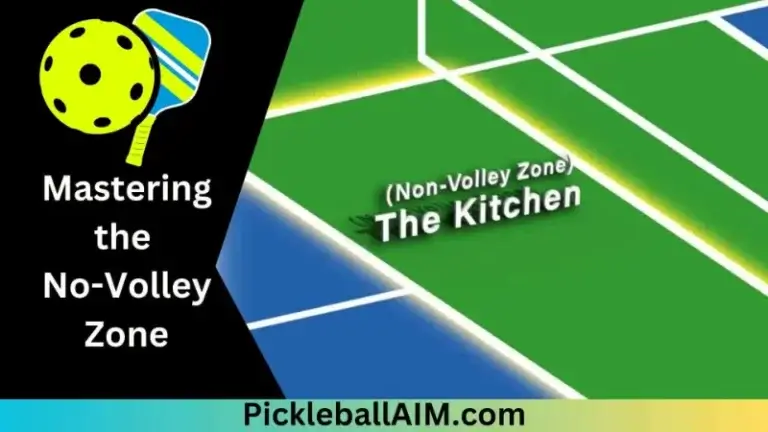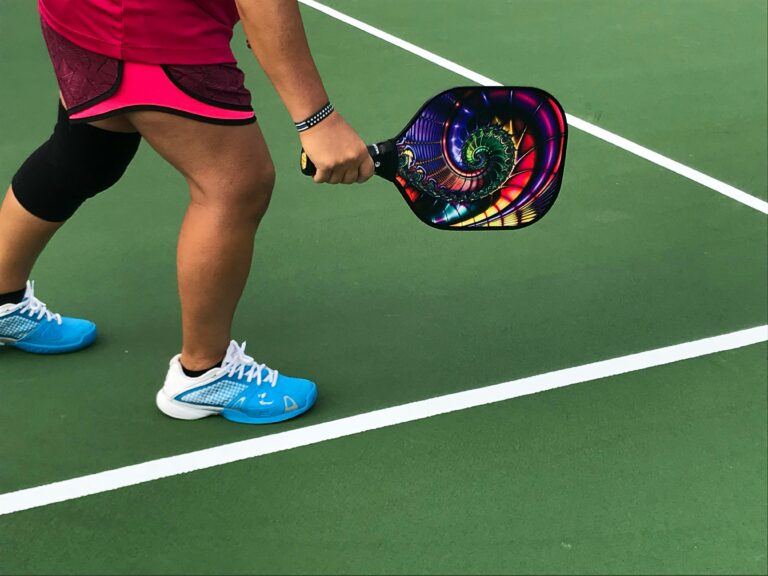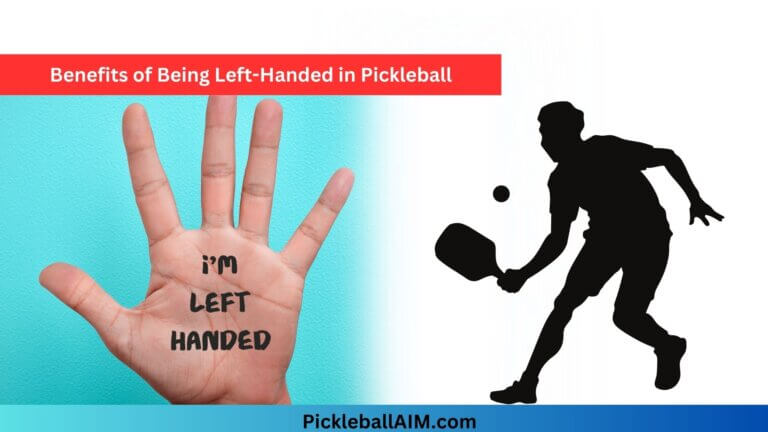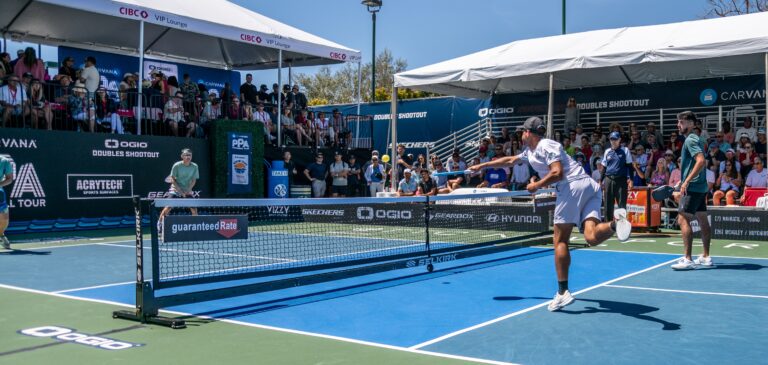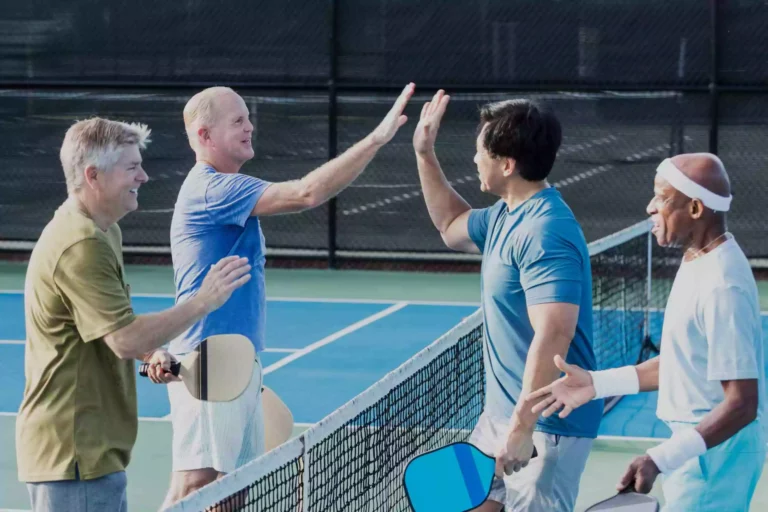Mastering the Court: A Comprehensive Guide to Pickleball Tournaments and Challenges for Enthusiasts
Pickleball, a fast-growing sport that combines elements of tennis, badminton, and table tennis, has captivated players worldwide. As the community grows, so does the competitive scene. Participating in pickleball tournaments and challenges can be exhilarating and rewarding. This guide is designed to help enthusiasts navigate and excel in the dynamic world of pickleball tournaments.
1. Understanding the Pickleball Tournament Landscape
Pickleball tournaments come in various formats, including singles, doubles, and mixed doubles. They can range from local community events to national championships. Understanding the different types of tournaments and their respective rules is crucial. National-level tournaments often follow the guidelines set by governing bodies like the USA Pickleball Association (USAPA).
2. Preparing for Your First Tournament
If you’re new to pickleball tournaments, preparation is key:
- Skill Level Assessment: Honestly assess your skill level. Tournaments are typically divided into skill levels, and competing against players of similar ability can be more beneficial and enjoyable.
- Equipment Check: Ensure your paddle and other gear meet tournament standards. Comfortable, appropriate clothing and shoes are also essential.
- Understanding the Rules: Familiarize yourself with the official rules of pickleball. Knowledge of the scoring system, faults, and service rules is fundamental.
3. Training and Practice Strategies
To prepare effectively:
- Drill Practice: Focus on specific skills like serving, volleying, and dinking. Drills can improve accuracy, consistency, and reaction time.
- Physical Conditioning: Pickleball demands agility, endurance, and quick reflexes. Incorporate cardio, strength training, and flexibility exercises into your routine.
- Play Practice Matches: Participate in local games or club matches. They offer a taste of competitive play and help develop strategies.
4. Finding and Registering for Tournaments
Discovering tournaments:
- Online Resources: Websites like PickleballTournaments.com are excellent resources for finding events. Local club websites and social media groups are also useful.
- Registration Process: Once you find a tournament, understand the registration process, fees, and deadlines. Early registration is often recommended as popular tournaments can fill up quickly.
The Day of the Tournament: Tips for Success
On the day of the event:
- Arrive Early: Give yourself plenty of time to check in, warm up, and acclimate to the environment.
- Hydration and Nutrition: Stay hydrated and eat balanced meals. Energy snacks can also be beneficial between matches.
- Mental Preparation: Stay positive and focused. Mental resilience can be as important as physical skill in competitive play.
6. Strategies for Competitive Play
During matches:
- Play to Your Strengths: Utilize your best skills. If you have a strong serve or an excellent net game, make the most of it.
- Adapt and Observe: Be observant and ready to adapt your strategy based on your opponents’ weaknesses and strengths.
- Keep a Score Diary: Tracking scores and noting strategies can be helpful for post-match analysis.
7. The Social Aspect: Networking and Community Building
Tournaments aren’t just about competition; they’re also about community:
- Networking: Use this opportunity to meet other players and enthusiasts. Building a network can lead to future game opportunities and friendships.
- Learn from Others: Watch higher-level matches when you’re not playing. Observing skilled players can be educational and inspiring.
8. Handling Wins and Losses
Competitive sports involve both victories and defeats:
- Celebrate Wins: Enjoy your successes, but remain humble and gracious.
- Learn from Losses: Analyze what went wrong and use it as a learning opportunity. Remember, every loss is a step towards improvement.
9. Beyond the Tournament: Challenges and Leagues
Apart from traditional tournaments, pickleball offers other competitive formats:
- Challenges: Engage in challenges set by clubs or peers. These can be based on skill improvement, such as serving accuracy or game wins.
- Leagues: Joining a pickleball league can provide regular competitive play and a sense of community.
10. Giving Back to the Community
Experienced players can contribute to the pickleball community:
- Volunteering: Help organize events or mentor new players.
- Promoting the Sport: Share your love for the game by introducing it to others and participating in community outreach programs.
Pickleball tournaments and challenges offer a fantastic way to test your skills, meet fellow enthusiasts, and enjoy the thrill of competition. With the right preparation, mindset, and engagement, you can make the most of these experiences. Remember, every tournament is an opportunity to learn, grow, and, most importantly, have fun on the court!
